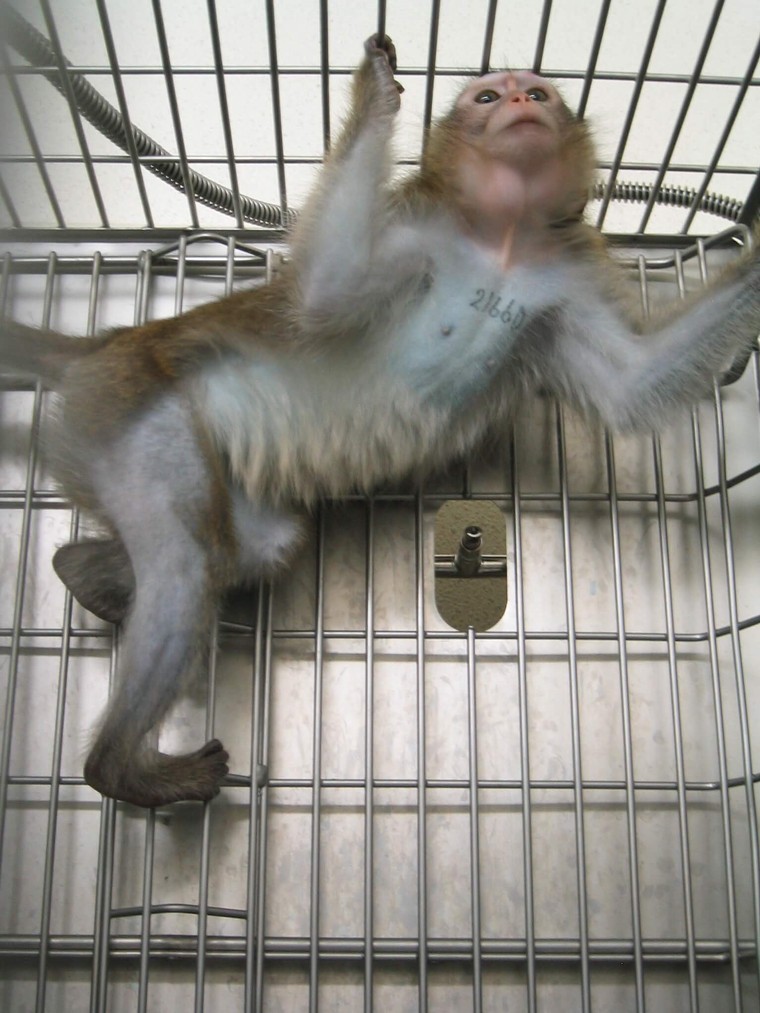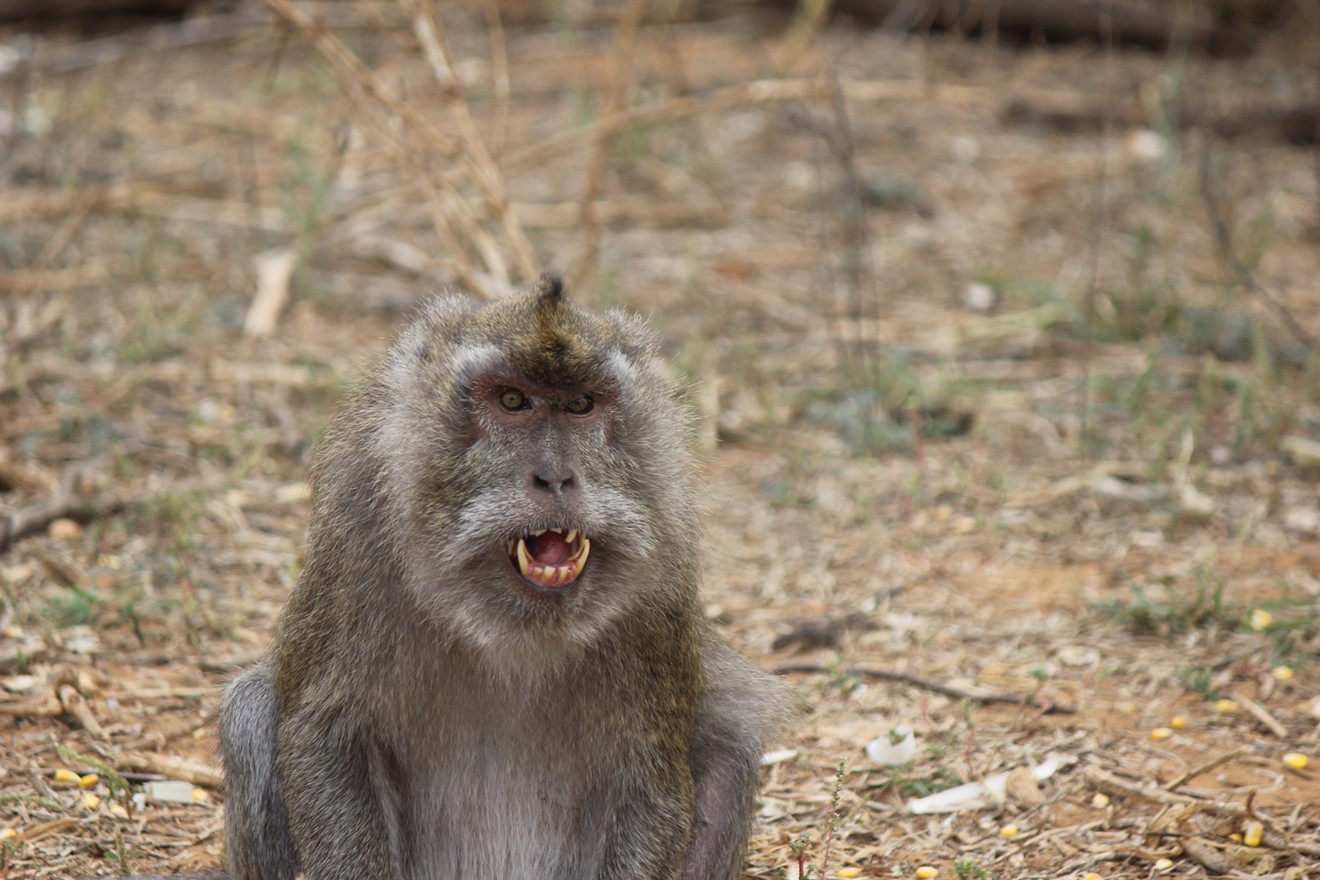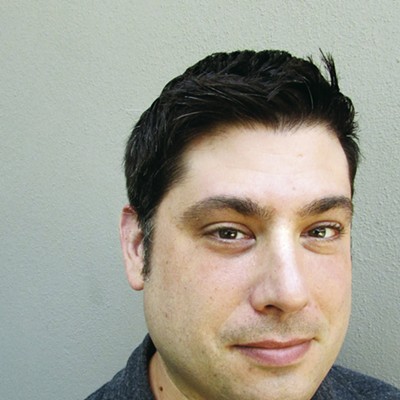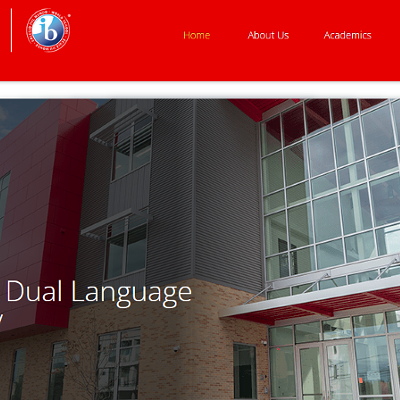In late 2022, a Florida federal grand jury indicted eight Cambodian officials and providers of research monkeys for engaging in a remarkably sloppy five-year scheme to violate animal welfare laws by passing off poached monkeys as captive-bred. In some cases, captive-bred long-tailed macaques, aka crab-eating macaques, aka cute li'l fuzzy-faced creatures, deemed unsuitable for export were euthanized and their documentation transferred to poached impostors sent in their stead, according to the indictment. The eight defendants face felony charges carrying up to 20 years each on multiple smuggling charges.
Filed by the U.S. Attorney's Office for the Southern District of Florida — many of the monkeys were flown through Miami — the charges outline an alleged five-year scheme where Cambodian officials greenlit the capture of 3,000 "unofficial" macaques in exchange for cash payments.
In a statement, that district's U.S. Attorney — Juan Antonio Gonzalez — said: “The macaque is already recognized as an endangered species...The practice of illegally taking them from their habitat to end up in a lab is something we need to stop. Greed should never come before responsible conservation. Cases like this put us in a position where we can make a difference.”
Charles River Labs, a multi-billion dollar Massachusetts-based provider of research, has housed macaques in its deliberately under-the-radar facility at 305 Almeda-Genoa Road in Houston since the 1990s, after strict animal welfare regulations caused them trouble in New York and Florida. Charles River soon found a home in Texas, where less rigorous regulatory oversight allowed the introduction of monkeys infected with Ebola and other fashionable diseases.
In a 2006 Houston Press story on Charles River, the macaques came primarily from the tiny African island nation of Mauritius, but in subsequent years, Cambodian supplier Vanny Bio Research became a major player. And it's Vanny, according to the federal indictment, who bribed Cambodian officials to illegally export wild macaques in order to fulfill ever-increasing purchase orders.
Charles River was not named in the indictment, but the company stated late last year that it's cooperating with a grand jury subpoena, and denies any wrongdoing. (The SEC annual report also acknowledges separate civil and criminal investigations into the company's macaque imports, although there are no details).
Enter PETA and the 175-acre Born Free USA Primate Sanctuary in Encinal, Texas in the southwest part of the state. The former has pledged a $1 million sponsorship if the monkeys are allowed an early retirement.
According to a PETA statement:
"These animals are facing three scenarios: They can be seized by U.S. Fish and Wildlife Service and turned over to sanctuary, they can be killed or they can be re-exported to Cambodia. Re-exporting them would allow [Charles River Labs] to profit off them. PETA has pledged $1 million to care for the monkeys at the Born Free sanctuary in Texas, which has been ready since September to take them. Forty activist organizations have also signed in support."
PETA's primate scientist, Dr. Lisa Jones-Engel, also issued this statement:
"The U.S. government also bears responsibility, as it has contracted with Charles River for years, awarding the massive animal supplier more than $100 million to operate several of its animal laboratories...PETA and Born Free USA continue to work for the release of the monkeys, and we urge the government to take immediate action to demand their safe release to an accredited sanctuary."

"Charles River is committed to ensuring our operations are compliant with applicable U.S. and international laws and regulations; and we maintain a global supplier onboarding and oversight program incorporating risk-based due diligence, governance, auditing, and monitoring practices to help ensure the quality of our supplier relationships. We intend to fully cooperate with the U.S. government as part of their investigation, and we are confident that the DOJ will conclude that any concerns raised with respect to Charles River are without merit." (We haven't heard from the top ten Charles River shareholders we emailed, but will update accordingly).
We're not exactly sure what "concerns raised with respect to Charles River" Cianciaruso is referring to, since, again, Charles River isn't named in the indictment.
However, a quick read of Charles River's February 2023 annual SEC report suggests that, for a company claiming nearly $493 million in net income in 2022, its security apparatus seems vulnerable to Nigerian Prince-level email scammers, to wit: "...we are at risk of being targeted, and we have in the past been victim to, business email compromise fraud, which results in payments being made to illegitimate bank accounts."
Charles River's February 2023 SEC filing also states: "While we have taken measures to protect our information systems from intrusion, in March 2019, we detected evidence that an unauthorized third party, who we believe was well resourced and highly sophisticated, accessed certain of our information systems and copied data. We worked with a leading cyber security firm to assist in our investigation and coordinated with law enforcement authorities. Our investigation indicated that the affected information included client information." (We appreciate how only a "highly sophisticated" phantom could hack a company we have no trouble believing could be brought to its knees by a massive influx of boner-pill spam.)
Let's look at the equally "highly sophisticated" nature of the alleged Cambodian smugglers. Per the indictment, Vanny's publicist and export manager stated in a May 2018 email that the head of Cambodia's Ministry of Agriculture — the guy in charge of making sure international animal welfare regulations are followed — agreed to let Vanny make up a 300-500 macaque shortfall, seemingly with wild monkeys, for a $40,000 payment, and a promise to hold off until after local elections, to "avoid unnecessary attention from the public and nongovernmental organizations."
Two months later, according to the indictment, Vanny's Hong Kong office funneled $83,000 through its New York Bank of America account, and onto its Cambodia bank, where $40,000 was earmarked for "Animal Collection 2,000 Heads." Subsequent accounting documents turned up an additional $10,000 "campaign contribution" to the agriculture minister.
Three months after that, the agriculture minister allegedly promised Vanny executives that "unofficial" monkeys would be kept off the books, and delivered at night with 4-6 hours advance notice.
But it wasn't just federal prosecutors who were apparently able to pierce this impossibly thick veil of secrecy; three reporters from the Cambodian Center for Independent Media, who interviewed workers at Vanny's Pursat, Cambodia facility, in 2022, also heard about alleged monkey poaching.
The fascinating and disturbing two-part series features accusations by Vanny workers alleging a sharp uptick in the procurement of wild monkeys to meet increased demand. One worker claimed that some of these illegal monkeys are X-rayed upon intake to screen for poachers’ metal airgun pellets.
And if you think it’s rough being a macaque in the Pursat facility, check out the employees, who, according to the series, help shovel monkey feces into local rivers for less than $200 a month. (In 2016, 100 workers went on strike over being paid $47 below the monthly minimum wage).
The Vanny rank-and-file interviewed for the series expressed a sympathy for the macaques that seems largely absent from the executive tier. The report ought to include a Heartbreak Trigger Warning before quoting the employee who says, "I pity them but what can we do?....I thank them for helping me have a job to support my family. We’re outside and we don’t have that much freedom. So what about them in the cages? When they see us they’re excited.”
Monkeys in general are a sore spot, not just for Charles River, but for similar companies, who, outside of SEC filings, tend to downplay their trade in monkeys for fear of public backlash and aggressive campaigning by those dang PETA agitators.
In its annual reports, Charles River both pays lip service to what it calls the "3 Rs" of reducing the use of monkeys, while at the same time stressing to shareholders how unfortunate it could be for them if the monkey pipeline is disrupted. The issue is so sensitive that Charles River prefers not to use words like "animals" or "monkeys" in its SEC filings — macaques are largely referred to as "research models," or "non-human primates." As we reported in 2006, Charles River promoted its 3Rs — reduction, refinement, and replacement of those tree-climbing, poo-flinging research models — by awarding an annual prize to a researcher who shines in those areas. In 2006, that award came with $2,500 and a plaque.
But, as we noted then:
"On the flip side, Charles River in 2004 gave $100,000 to the American Association of Laboratory Animal Science to launch www.kids4research.org, a brightly colored Web site that brings the goodness of animal research into the schools. The site's "Fun Stuff" page includes instructions on how to make an actual mouse-shaped computer mouse. The Web site states: "Then, whenever you have questions on the use of animals in biomedical research, our Kids-4-Research website address will be right at your fingertips!" (This is in line with other kid stuff that AALAS markets, like a coloring book called "The Adventures of Larry the Lab Mouse.")
What the site doesn't mention is that, thanks to lobbying by biomedical interest groups, mice, rats and birds are not considered 'animals' under the Animal Welfare Act — which did not bode well for poor Larry the Lab Mouse.
Fortunately for Charles River, the company has largely avoided the kind of scandals that have come with undercover investigations of similar companies, which have revealed gross Animal Welfare Act violations. Compounding that good fortune is what appears to be relatively lax USDA oversight of monkey boarding houses in general. (In a misguided attempt to cut companies some slack over allegedly non-critical issues, the USDA took a page from the average kindergarten teacher or 1980s afterschool special by adding a tender-hearted "teachable moments" section to its inspection guide in 2016. Congress ordered the end of the program in August 2022, well after USDA inspectors issued a ream of dubious "teachable moments" memos, like the one given to a Michigan bear sanctuary caught transporting bear cubs in "a covered plastic bin," according to National Geographic. In that case, per the National Geographic story, "inspectors issued a 'teachable moment' for improper ventilation, even though the USDA's animal care guidelines explicitly require inspectors to cite facilities for ventilation issues.")
Whether riddled with air gun pellets and carrying fake passports or not, these macaques are sufficiently tainted and ostensibly can't legally be used for lab testing in the U.S.
Born Free's program director and head of sanctuary, Dr. Liz Tyson-Griffin, stated earlier in March that, after months of talks with the U.S. Fish and Wildlife Service, the monkeys' future is still unclear.
“These young monkeys will either be abandoned with no attempt at rehabilitation, or simply recycled back through the system and re-exported for exploitation in other labs. Either way, their future is bleak — this is a death sentence. They deserve safety."
As loathe as Charles River may be to hold hands with mortal enemy PETA for a campfire kumbaya, any public relations rep should realize the positive publicity that could come from the company treating these monkey with care and dignity and releasing them to Born Free USA —assuming the federal government approves.







